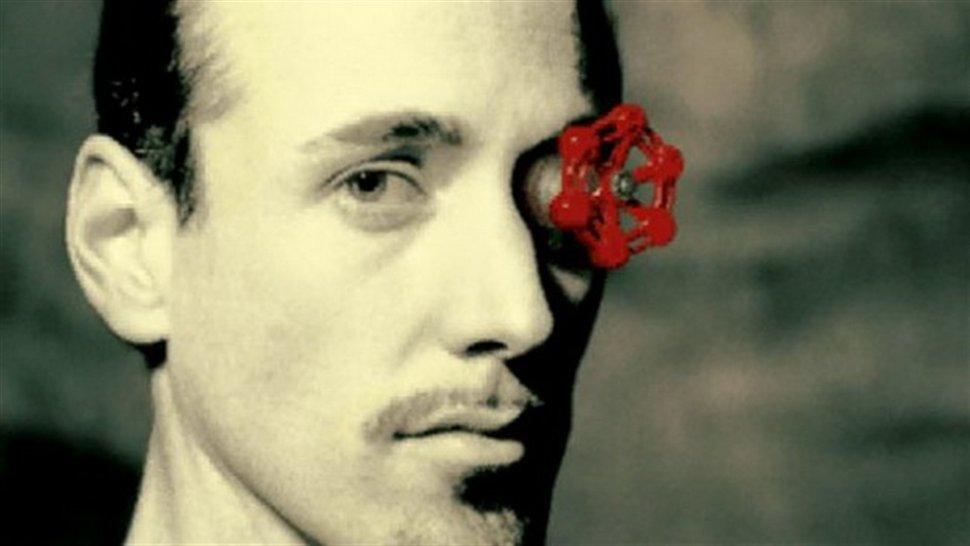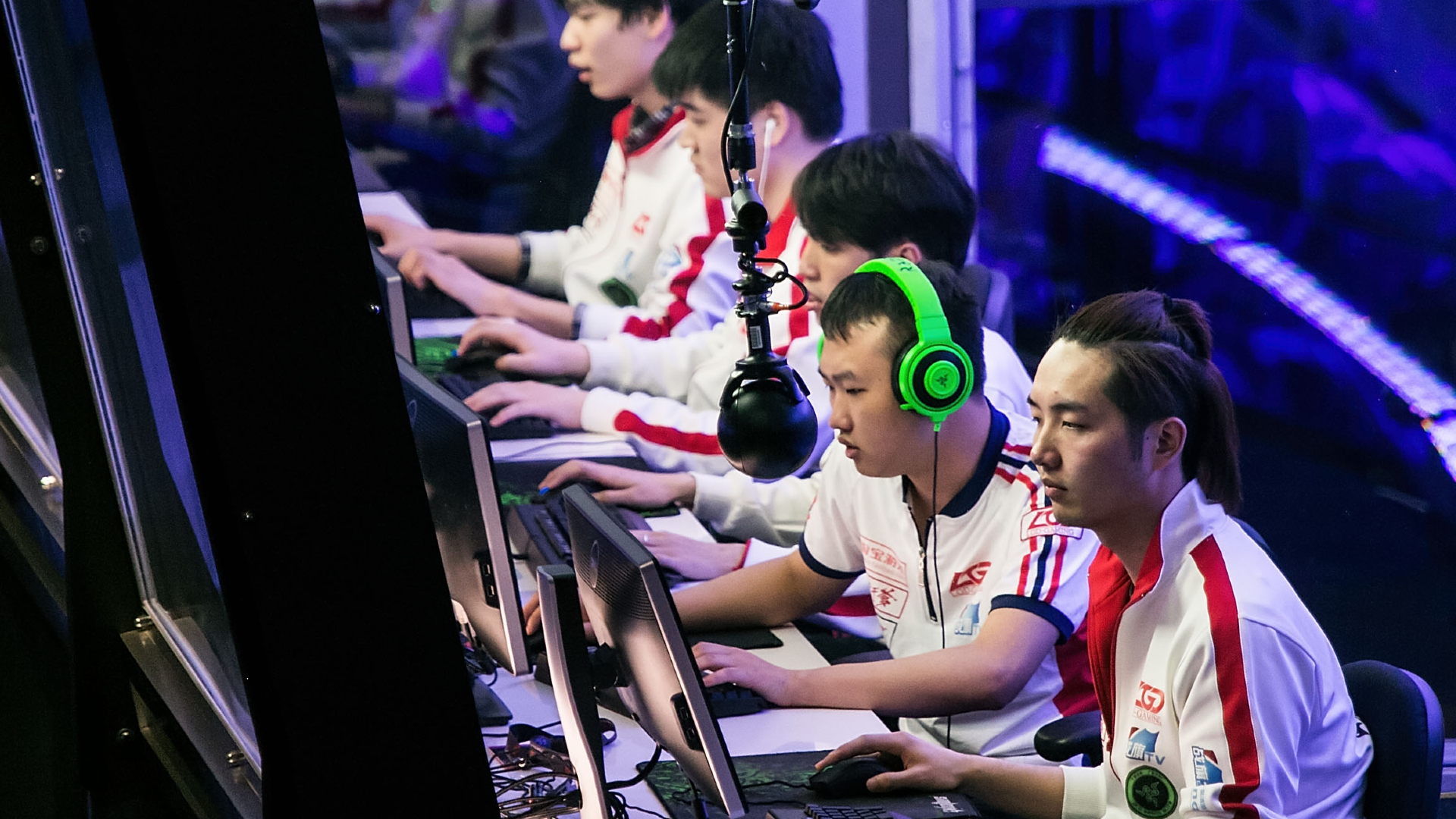Valve cancels Dota 2 Winter Major and pisses off pretty much every pro in the scene
The decision was taken late, and esports orgs are very unhappy with how it's been handled.

Valve has cancelled the first Dota 2 Major of 2022, which would have taken place in February and been the capstone to the pro scene's Winter Tour.
"As the Winter Tour of the Dota Pro Circuit 2021-2022 season draws to a close, we've made the difficult decision to cancel the first Major," says a blogpost from the developer. "While hopes were high that we could host an international LAN event, the discovery and spread of new strains of Covid-19 and the resulting increase of travel restrictions has made it unfeasible for all qualified teams to gather for a LAN tournament."
Due to this decision, the winter tour will conclude after all of the regional league tournaments have ended. Valve also said that ranking points intended to be distributed at this Major would be transferred to the second and third Majors later in the year. "This way, the balance of points between regional and cross-region play remains the same." Here is how the points will be re-distributed.

The reaction among the Dota 2 esports community has been overwhelmingly negative. This is not because Dota fans think Valve should have said "screw Covid" and gone ahead with it. The late cancellation causes some real and serious problems for Dota 2 esports teams, both financial and in terms of the points simply being pushed down the road. Additionally, there's currently no information from Valve about the knock-on effects, such as when players can now be transferred between teams, which usually happens after Majors.
Had the event taken place, it wouldn't have included an audience. Dota 2 LAN events have been private for around two years, while plans to allow an audience at The International 10 in Bucharest were cancelled.
Various esports teams have made it quite clear what they think of this decision, with Na'Vi choosing the medium of meme.
The tragedy of Dota 2 community pic.twitter.com/kH7I2nQ8w2January 12, 2022
Dota 2 pro Maurice 'KheZu' Gutmann also expressed frustration over the call.
The biggest gaming news, reviews and hardware deals
Keep up to date with the most important stories and the best deals, as picked by the PC Gamer team.
Valve openly think that pro players/pro teams/orgs don't add any value to their productThat the reason people watch pro Dota is only because of their game & nothing elseTheir actions reflects this way of thinking entirely.They don't give a fuck about their alleged 'partners'January 12, 2022
Many other event organizers have decided to cancel events at some point over the last couple years. The specific problem with this last minute cancellation is that the Dota 2 esports scene is both absolutely huge and somewhat dependent on Valve's financial support: This Major would have distributed around $500,000 between the competing teams. Indeed, the point of the Dota Pro Circuit is to provide the competitive scene with stability, and the league element of it is basically the qualifiers for a given Major.
I spoke to one member of the Dota 2 pro scene who didn't want to go on the record, but said that without a Major "it feels like you play for nothing." Valve's decision not to re-allocate the prize money has caused huge problems for some teams, because it's not even coming back down the line: It's just gone. Why did this happen so late in the day? Why wasn't this tournament replaced with regional tournaments?
These issues, of course, align with several wider criticisms of how Valve operates. The company is notorious for a lack of communication, which is one thing when you're talking about a game release but a whole other kettle of fish when peoples' livelihoods depend on your decisions. The decision to cancel this Major was announced via a blogpost, with no further official word since, which has upset pros and teams who want some answers to the above questions.
P A I N. pic.twitter.com/bUHkiUQnJDJanuary 12, 2022
There's a widespread sense that Valve has screwed up here, and of course it's now being mixed-in with more general criticisms of Dota 2: Some think the latest battle pass was a rip-off, others feel Valve doesn't support the game and pro scene like it should, and there hasn't been a major update to the game for a while.
The core of it, however, is that Valve cancelled this event at the last minute when professional organisations had been building up to it, removing a considerable amount of money from the scene without taking questions about the decision. (And it's not like Valve is short of money. Dota 2 alone is clearly a profitable game.)
Valve understandably decided that an in-person event at this moment in the Covid-19 pandemic was a bad idea, but the pro scene's grievances about how this has happened seem entirely reasonable, too, and given Valve's resource and scale, somewhat unnecessary.
I've contacted Valve for comment and will update with any response.

Rich is a games journalist with 15 years' experience, beginning his career on Edge magazine before working for a wide range of outlets, including Ars Technica, Eurogamer, GamesRadar+, Gamespot, the Guardian, IGN, the New Statesman, Polygon, and Vice. He was the editor of Kotaku UK, the UK arm of Kotaku, for three years before joining PC Gamer. He is the author of a Brief History of Video Games, a full history of the medium, which the Midwest Book Review described as "[a] must-read for serious minded game historians and curious video game connoisseurs alike."

